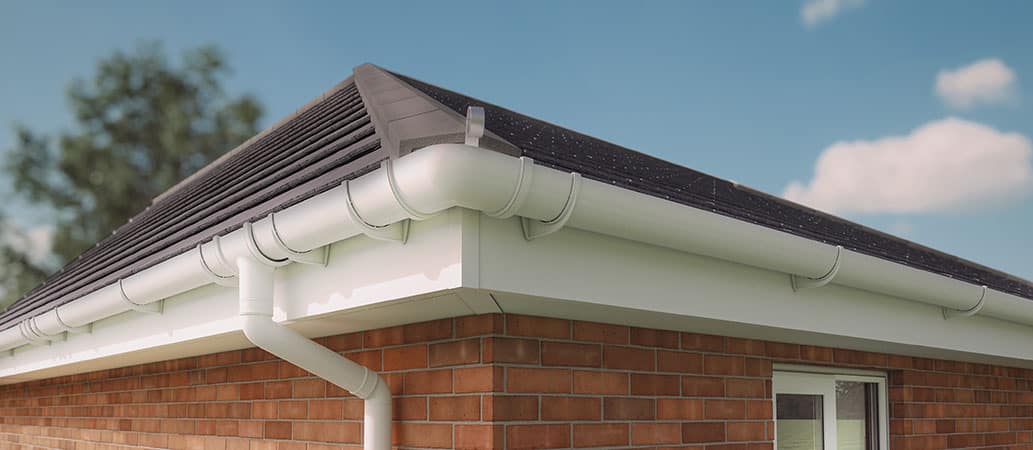5 Killer Quora Answers To Timber Fascias
페이지 정보

본문

Understanding Timber Fascias: Design, Benefits, and Maintenance
Timber fascias play an important role in the architectural visual appeals and structural integrity of a structure. These horizontal boards set up at the edge of roofing system eaves not just enhance the visual appeal of a structure however likewise serve useful functions essential for its durability. This short article dives into the significance of timber fascias, the material options readily available, and important maintenance practices to ensure they stand the test of time.
What is a Timber Fascia?
A timber fascia is a long, straight board that runs along the roofing system's edge, normally underneath the overhanging edge of the roof. It prevails in both property and industrial structures and is frequently painted or stained to match the overall architectural design. By covering completions of rafters and supplying an ended up want to the roofline, timber fascias boost curb appeal while using substantial functional advantages.
Key Functions of Timber Fascias:
Protection of Roof Structures: Timber fascias avoid wetness from entering the roof, securing rafters and underlayment from decay and rot.
Visual Appeal: The fascia board uses a decorative surface to the structure, connecting the overall design style.
Support for Gutters: Fascias offer an anchor point for gutter systems, ensuring the safe and efficient drainage of rainwater.
Vermin Deterrent: By covering the rafter ends, fascias assistance to keep critters from nesting in cavities that could form in the roof's structure.
Material Options for Timber Fascias
When picking materials for timber fascias, several choices are available, each with distinct advantages. Below is a breakdown of the most common products used:
| Material | Benefits | Disadvantages |
|---|---|---|
| Softwood | Cost-effective, lightweight | Prone to warping and decay if unattended |
| Wood | Durable, thick, and aesthetically pleasing | More pricey, heavier to manage |
| Engineered Wood | Resistant to wetness and pests | Limited natural appearance compared to solid wood |
| Composite | Resilient and low maintenance | Can appear less authentic in design |
Benefits of Timber Fascias
Timber fascias offer numerous benefits that add to both functionality and visual appeals. Here are a few of the main benefits:
Aesthetic Versatility: Timber fascias can be stained, painted, or left natural to match a structure's design.
Sustainability: The use of properly sourced timber can add to sustainable structure practices.
Ease of Installation: Timber fascias are fairly simple to set up, making them a popular option amongst contractors and professionals.
Customization: Timber can be quickly shaped and cut to fit unique architectural styles.
Insulation Properties: Timber has natural insulation homes, assisting enhance the energy efficiency of a home.
Maintenance of Timber Fascias
While timber fascias are appealing and practical, they do require regular maintenance to ensure longevity. Below are vital maintenance ideas to keep them in prime condition:
Regular Inspection:
- Check for indications of decay, rot, or damage at least twice a year, especially after serious weather condition.
Cleaning:
- Clean the fascias with a soft brush or fabric to get rid of dirt, grime, and mildew. Avoid using extreme chemicals that can harm the finish.
Protective Coating:
- Reapply protective finishes, such as paint or stains, every number of years to maintain look and protect wood from moisture.
Seal Cracks:
- Fill any cracks or spaces to prevent wetness ingress, which can result in wood wear and tear.
Inspect for Pests:
- Look for signs of pests, such as woodpecker holes or insect routes. Quickly deal with any problems to prevent structural damage.
Frequently Asked Questions About Timber Fascias
Q1: What wood types are typically used for timber fascias?A1: Commonly utilized wood
types consist of pine, cedar, and redwood due to their durability and appealing look. Q2: How frequently do I require to maintain my timber fascias?A2: Regular evaluations ought to be done a minimum of biannually, with cleansing and protective coating checks performed every 1-3 years depending upon the wood type and finish. Q3: Can I set up timber fascias myself?A3: While skilled DIY lovers may be able to set up timber fascias, it is advised to employ a professional for optimal results, especially regarding fitting and sealing. Q4: What finishes are best for timber fascias?A4: Weather-resistant paints and spots that permit the wood to breathe are suggested to safeguard against moisture and UV damage.Q5: Are timber fascias ecologically friendly?A5: When sourced from sustainably handled forests, timber fascias can be an environmentally friendly building choice. Timber fascias are not simply aesthetic additions to your home's architecture
; they are important parts that safeguard vital roof structures and improve overall appeal. Understanding the product options, benefits, and maintenance requirements will guide house owners and
home builders in making informed decisions. By investing time and care into Timber Fascias; https://complete-Jobs.co.uk/employer/Soffit-and-fascia-Services,, one can guarantee their continued performance and visual appeal for several years to come.
- 이전글전기세대왕프랜시스세계에서 25.06.28
- 다음글아래에따라서운전자의의도에따라인간심리학 25.06.28
댓글목록
등록된 댓글이 없습니다.

